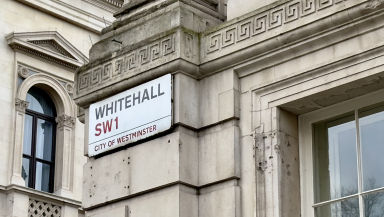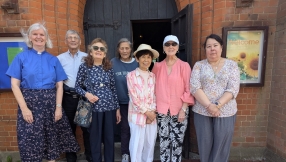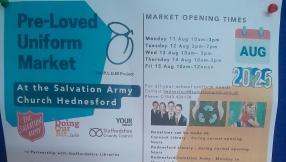
The Christian Institute has taken steps to remove controversial gender and LGBT ideology from the Civil Service, on the grounds that it compromises political neutrality.
The move followers a court victory earlier this year which ruled against police participation in a Pride march.
The Institute said it had informed Sir Chris Wormald, the Cabinet Secretary, that it would be seeking a judicial review into Civil Service participation in Pride events.
The Institute is also targeting the use of rainbow lanyards and the public listing of pronouns.
Simon Calvert, Deputy Director of The Christian Institute, said that the public embrace of LGBTQ causes by the Civil Service puts it at direct odds with its requirement to be politically and ideologically neutral.
“The law is clear that civil servants must maintain impartiality on controversial political issues. Whether one agrees with it or not, no one can deny that the LGBTQ Pride movement and its hard-line gender ideology are profoundly political," he said.
“Pride London, for example, attended by Whitehall-based civil servants, has even banned political parties because they don’t support its political demands, which include puberty blockers and gender self-ID.”
The Institute is hoping to replicate the success of Linzi Smith, a “gender critical” lesbian who brought a case against Northumbria Police Chief Constable Vanessa Jardine.
Smith argued that police participation in a Pride march indicated support for a specific political ideology and that consequently members of the public could not trust the police to fairly adjudicate in disagreements on that ideology.
In July the High Court in Leeds ruled in favour of Smith, with Mr Justice Linden determining that allowing officers to take part in Pride events was "outside the range of reasonable decisions open to" Chief Constable Vanessa Jardine.
Calvert, citing the case, said, “Involvement in Pride signals support for a highly contentious set of political demands. It is inappropriate for civil servants to be officially endorsing Pride.
“I have been working in public policy for decades. I’ve been shocked by how many civil servants wear Pride lanyards in our meetings with them, even when those meetings are specifically about the clashes between LGBTQ politics and the Christian faith.
“Sitting in front of a phalanx of civil servants in rainbow lanyards gives the impression that their minds are closed on the issues we are discussing. It certainly does not communicate the kind of neutrality that taxpayers expect of civil servants.”













